This entry, “The Unity of the Human Family”, is the fourth in a five-part series stemming from a debate I did with atheist and self-professed disciple of the rule of love, Brian Govatos. As we debated, five observations occurred to me as useful launch points for a dialogue between the Catholic view of faith and the common atheistic views of faith: 1) There is evidence; 2) It is reasonable to believe; 3) Believing is compatible with science; 4) the desire for unity; 5) religious responses are part of our DNA.
4) The Desire for Unity– My dealings with atheists, especially Brian, have demonstrated that believers do not have and should not claim moral superiority. It is greatly offensive to atheists to accuse them of having no moral compass. Moreover, most are people with vision and hopes for the human family. Among these friends, I have found a common vision: the unity of all humanity. Despite this desire for unity, I do not discern among atheists a way, a plan, or a method for bringing about that unity or even a uniform symbol of that unity. I would argue that Catholics possess exactly that in the Eucharist. This point may be a challenge to many Catholics and non-believers alike, but I offer it as an invitation for both to think differently in hopes of advancing the unity of all.
My personal profession of faith centers around the Eucharist and I am drawn to the long line of Catholic spiritual writers who see the Eucharist as both a symbol of human unity, regardless of race, ethnicity, or gender and as a means for bringing about that unity. Consider this prayer from the Didache, a 1st century, instructional Christian document. “Even as this broken bread was scattered over the hills, and was gathered together and became one, so let Thy Church be gathered together from the ends of the earth…” Scholars believe this prayer originates in an oral tradition from the 30s AD and represents the earliest recorded theology of the Eucharist.
The Eucharist is a symbol that God is unifying all things in his son Jesus. However, it more than a symbol. The Catholic faith believes that it has the power to bring about the very unity that it symbolizes. It affirms what St. Paul wrote in his letter to the residents of Ephesus when he said that God has a plan to sum all things up in Christ. “All things” is to be understood as all cultures, all nations, and all individuals. This is what Catholics believe the Eucharist does. It is a symbol. It is also a means. Even without a belief in the supernatural power of the Eucharist, which I certainly believe, there seems to be a sociological/anthropological acknowledgement that rituals hold a unique role unifying societies and cultures. By the very nature of atheism, there are no unifying rituals. In my conversations with atheists, this is something that many recognize and many lament this fact. In a dialogue with my non-believing friends, I ask for them to consider the possibility that belief and ritual could in fact bring about the unity they desire.
